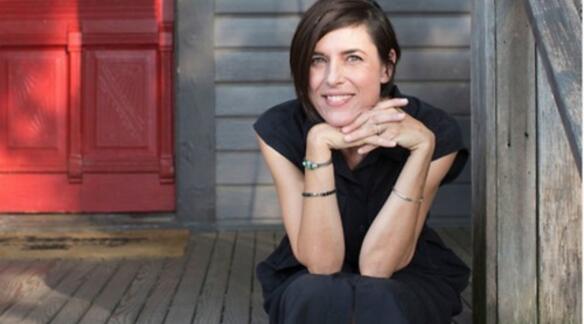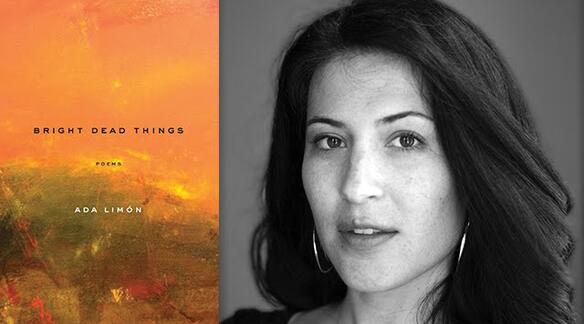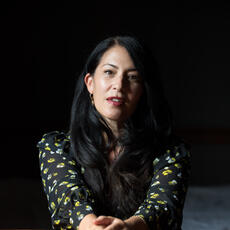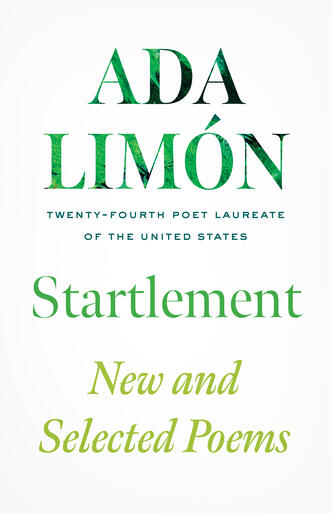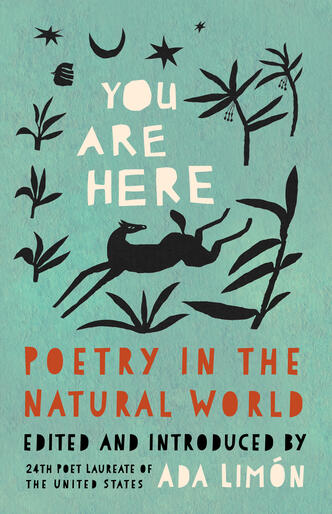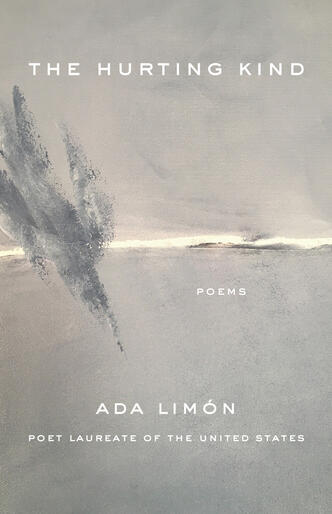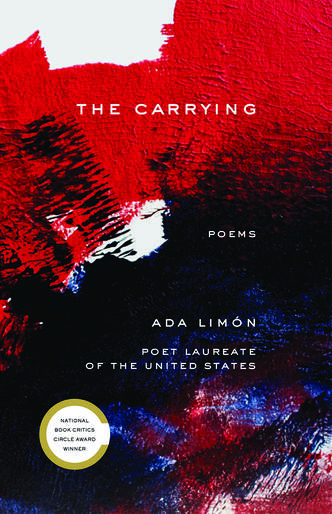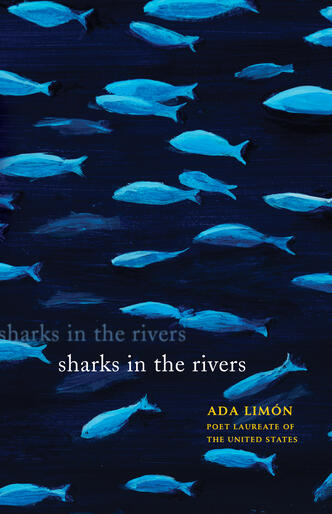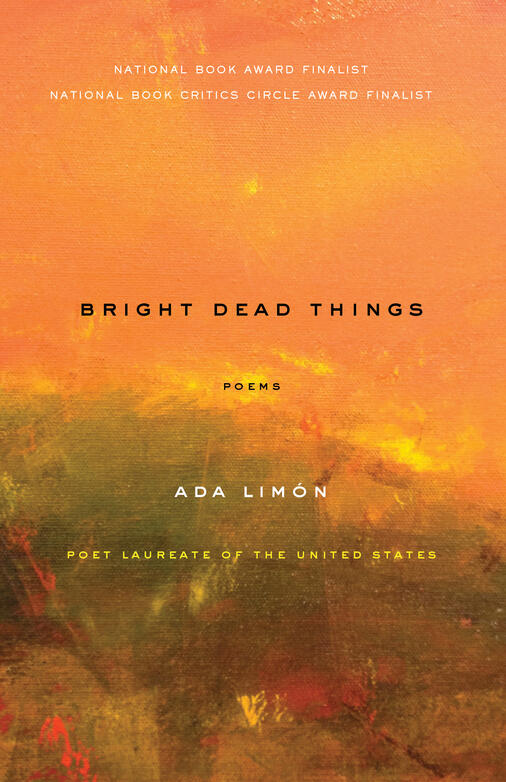
Bright Dead Things
A finalist for both the National Book Award and the National Book Critics Circle Award from U.S. Poet Laureate Ada Limón, Bright Dead Things examines the dangerous thrill of living in a world you must leave one day and the search to find something that is “disorderly, and marvelous, and ours.”
A book of bravado and introspection, of feminist swagger and harrowing loss, this fourth collection considers how we build our identities out of place and human contact—tracing in intimate detail the ways the speaker’s sense of self both shifts and perseveres as she moves from New York City to rural Kentucky, loses a dear parent, ages past the capriciousness of youth, and falls in love. Ada Limón has often been a poet who wears her heart on her sleeve, but in these extraordinary poems that heart becomes a “huge beating genius machine” striving to embrace and understand the fullness of the present moment. “I am beautiful. I am full of love. I am dying,” the poet writes. Building on the legacies of forebears such as Frank O’Hara, Sharon Olds, and Mark Doty, Limón’s work is consistently generous, accessible, and “effortlessly lyrical” (New York Times)—though every observed moment feels complexly thought, felt, and lived.

